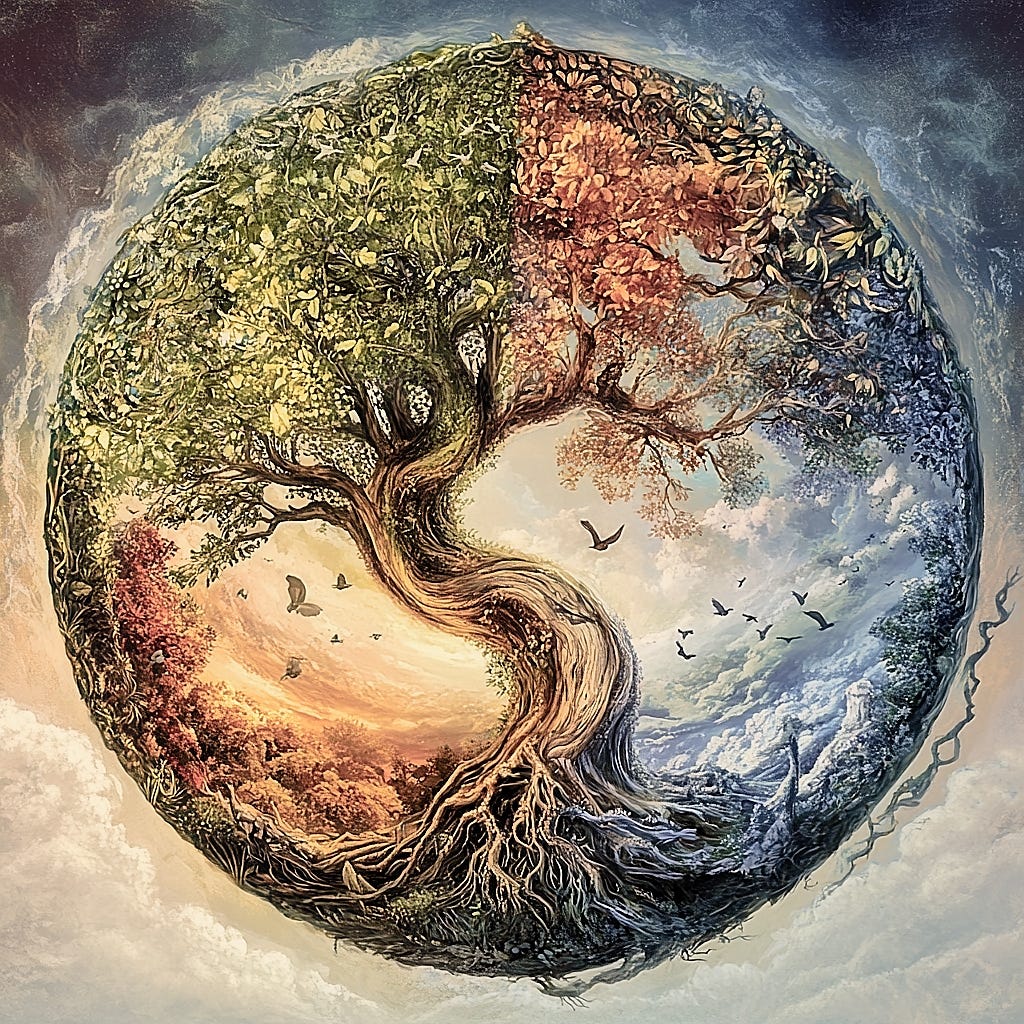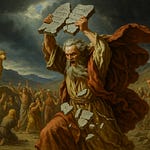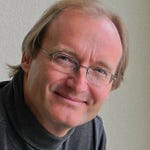In my March 10 interview with Jordan Bates, he mentioned this quotation from Carl Sagan, the brilliant scientist and communicator:
If you wish to make an apple pie from scratch, you must first invent the universe.
It’s one of the coolest things I’ve ever heard about the interconnectedness of everything—what Buddhism calls dependent origination. I haven’t been able to stop thinking about it.
My former teacher, the Vietnamese Zen master Thich Nhat Hanh, often said:
I think the word interbe should be in the dictionary. “To be” is to interbe. You cannot just be by yourself alone. You have to interbe with every other thing.
He called the order he founded the Order of Interbeing.
I decided to research other quotations on the subject and share them in this blog post and podcast.
Here are two from Marcus Aurelius (121-180), Roman emperor and Stoic philosopher:
He who sees the present has seen all things.
And:
All things are linked with one another, and this oneness is sacred; there is nothing that is not interconnected with everything else.
From Martin Luther King, Jr.:
We are tied together in the single garment of destiny, caught in an inescapable network of mutuality.
From Japanese Buddhist leader Daisaku Ikeda:
Each form of life supports all others; together, they weave the grand web of life. Thus, there really is no happiness for oneself alone, no suffering that afflicts only others.
I especially like this one from the Indian mystic philosopher Osho, also known as Bhagwan Shree Rajneesh:
No one is superior, no one is inferior, but no one is equal either. People are simply unique, incomparable. You are you, I am I.
Don Miguel Ruiz, a spiritual guide and author, wrote:
When you recover your spiritual nature, you recover the universal laws, the nature that you had before the separation.
Another one I love, from Austrian-Israeli philosopher Martin Buber:
The world is not comprehensible, but it is embraceable: through the embracing of one of its beings.
Finally, I know there are many fake quotes attributed to Albert Einstein, but this one is real. It’s from a letter he wrote in 1950:
A human being is a part of the whole, called by us “Universe,” a part limited in time and space. He experiences himself, his thoughts and feelings as something separate from the rest—a kind of optical delusion of his consciousness. The striving to free oneself from this delusion is the one issue of true religion. Not to nourish it but to try to overcome it is the way to reach the attainable measure of peace of mind.
To close, here’s a quote from the Buddha in the Dhammapada as translated by Gil Fronsdal. It’s not about oneness. It’s about the value of briefly expressed wisdom:
Better than a thousand meaningless statements Is one meaningful word, Which, having been heard, Brings peace.
From the Pure Land has thousands of readers and subscribers in 40 U.S. states and 22 countries, and the podcast has thousands of listeners in 55 countries.
Consider the generous act of paying for your subscription even though you’ll receive the same regular content as those with a free subscription. For $5 a month or $50 a year, you’ll contribute to Mel’s expenses and see parts of his book The New Middle Way as it progresses.
Share this post with a friend.
Give Mel a one-time “tip” of any amount.
Listen and subscribe to the From the Pure Land podcasts via your favorite app or by clicking here.














Share this post